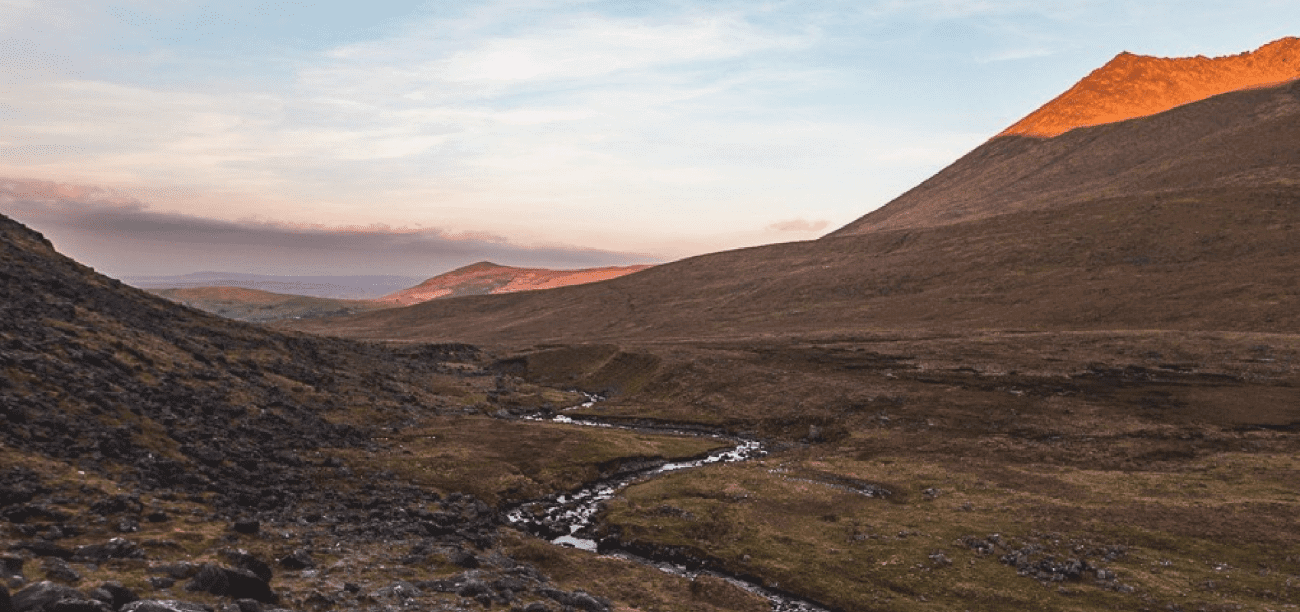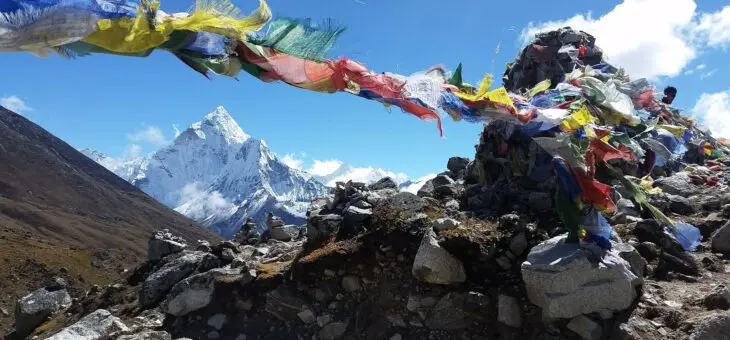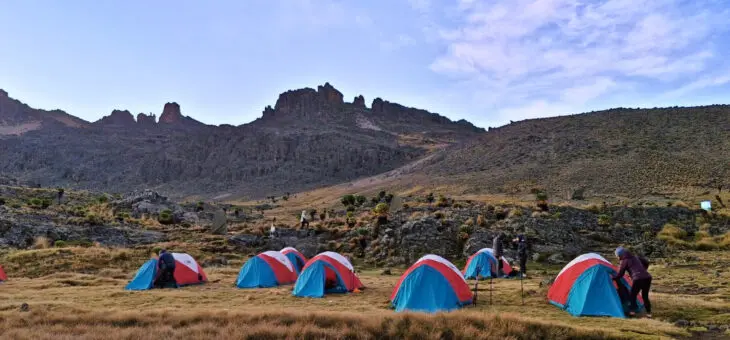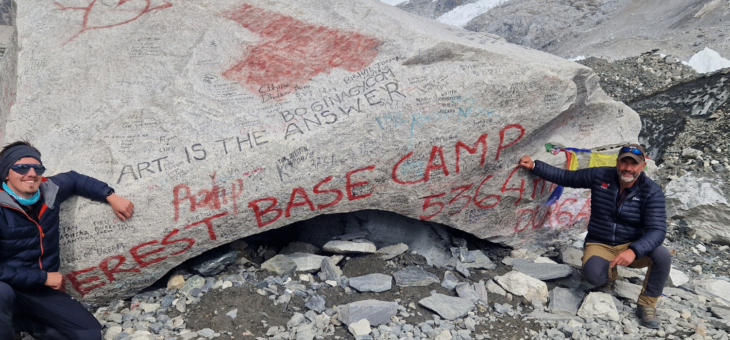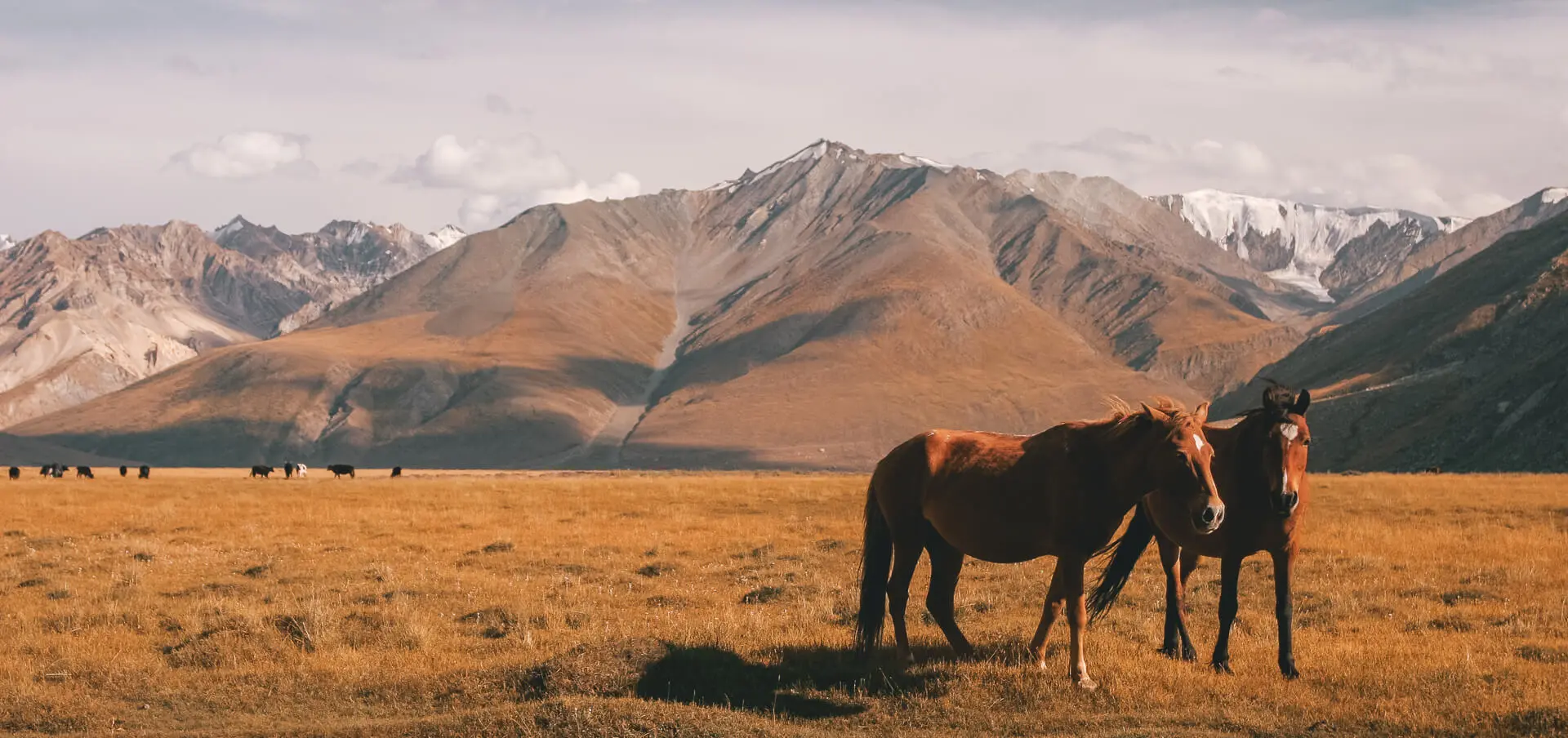An article written by one of our expedition doctors Mark Willis, who climbed Mount Elbrus with us in 2019.
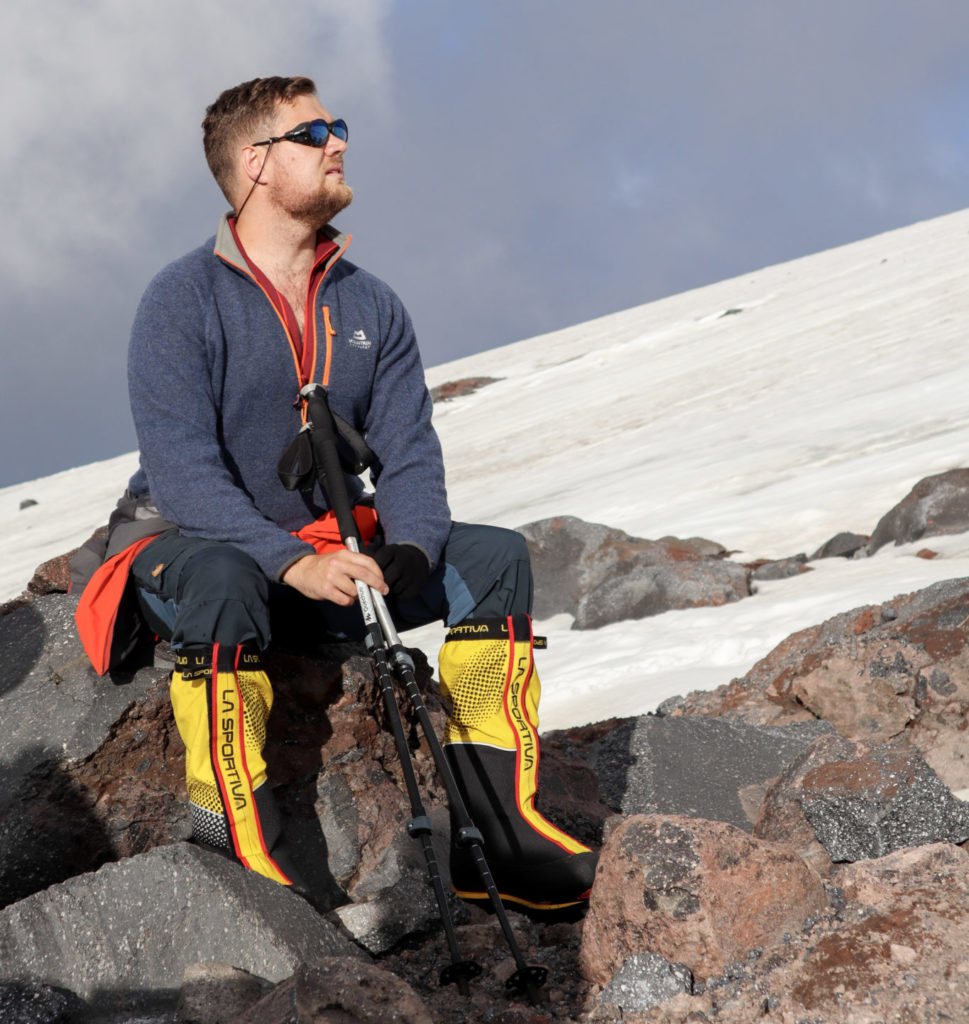
Millions of people around the world are currently shutting themselves away from their loved ones, their hobbies and their work in the wake of the COVID-19 outbreak. For the vast majority of these people this is an unprecedented, hopefully once in a lifetime, event that has left them re-evaluating their situations and the things we once took for granted. For a small number of us, isolation, physically, mentally and emotionally, is something we have come across before. As an Expedition Doctor, I want to draw on some comparisons with the isolation we are all currently experiencing and the isolation that myself and my clients experience each time we head to a far-flung place in search of adventure. The coping mechanisms we’ve developed on the side of a mountain can just as easily be applied to help you cope at home.
Change of routine:
All of us were used to some sort of routine. Even if that routine meant not having a routine. It was what we were used to. On an expedition that routine is dictated by the expedition leader and the plans for that given day. Many of us are now working from home and having to adapt to a new routine whether this involves looking after family members, planning our one hour of exercise or working out of the office. Suddenly, the change of routine becomes your new routine, and with each day it becomes a little easier. Those early starts? Slightly less tiring. The weekly, rather than daily trips to the shops? More efficient. Setting a new routine allows us to focus on what is important at any moment in time. During a tough 12-hour push to summit, the only thing that matters is the health of our climbers and the push to the summit. Not the weather back home, the food waiting for you at base camp or the hot shower back at the hotel. Compartmentilise your task and your goal. Make sure you turn the computer off to have a proper lunch break. Set yourself a working day, even from home. These small changes will ensure you are more focused, efficient and happier in day to day life.
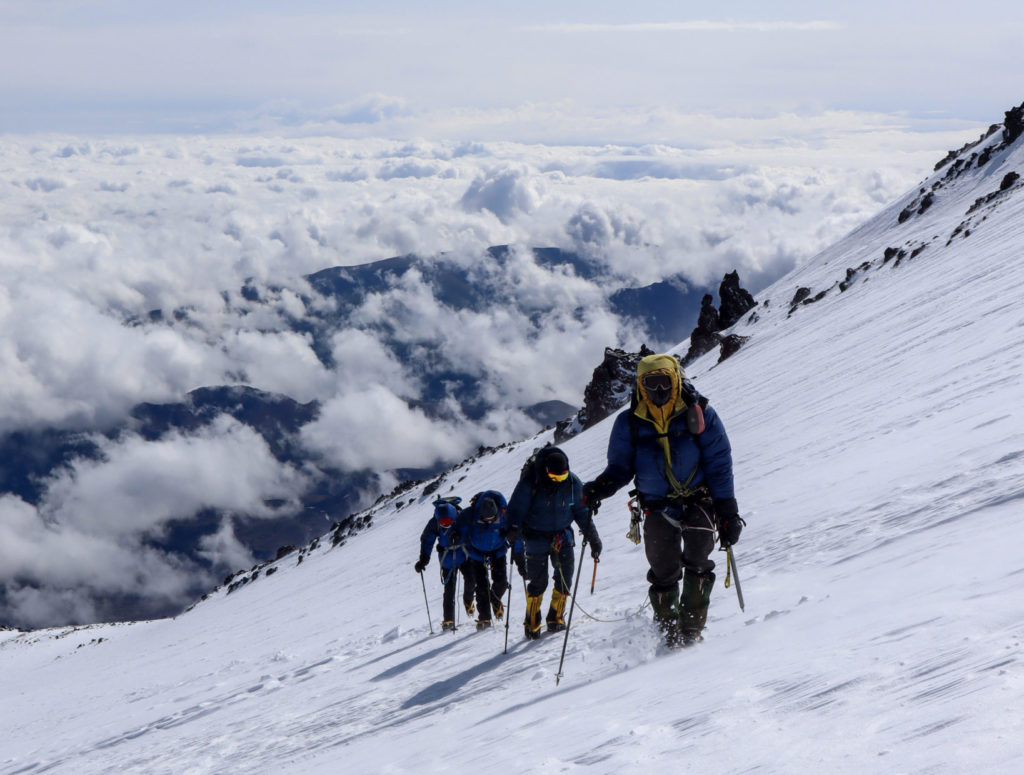
Looking after others:
As an Expedition Doctor, I am always there to support the group in any way that I can. However, I truly believe that you can’t look after others if you can’t look after yourself. In these difficult times it’s important to take time out to look after our own well-being; whether this is physically, mentally or emotionally. That time to rest and reset means that you can be in the best position to then go and help those in need. Make sure you practice what you preach. Hygiene is a hot topic on an expedition. If one person doesn’t wash their hands with soap, it’s not long before the entire group is ill and the expedition is in real jeopardy. The same goes for our current lives. Good hand hygiene and social distancing not only protects you, but all of those around you. It only takes one person to make a difference; rightly or wrongly.
Use your strengths:
On the mountain there’s always one really fit person, one person that can sing, one that can play guitar and one that’s normally remembered to bring a deck of cards. Everyone has their own strength and it is the differences among the group that make an expedition the once in a lifetime adventure that it is. The same goes for our family, friends and work colleges. Everyone has a strength, sometimes you might just need to go looking for it. Just like strengths, everyone also has weaknesses. Try to look after one another and help others when they can’t help themselves. Resolve their problems and use their strengths; after all, when this is all over, all that will really matter is the way we treated one another.
Embrace the unexpected:
I remember when I was at high camp on Elbrus. We had gone to sleep on three separate nights, expecting to start a summit attempt around 02:00 that morning. The first night we got up and got told to go straight back to bed. The wind was too strong to summit. The second night we got up, managed to get changed, pack our bags and then were told to get back to bed. The wind was again too strong. The third night was the same, except this time we got as far as having breakfast. The fourth night, something unexpected happened. The wind had suddenly died down and we were off. The mountains have taught me to expect the unexpected. Mentally, unexpected changes can be draining whether that be losing a job, working from home, illness or social isolation. A resilient mindset allows us to embrace the unexpected and forget about the uncontrollable. Focus on what we can control and the rest will fall into place.
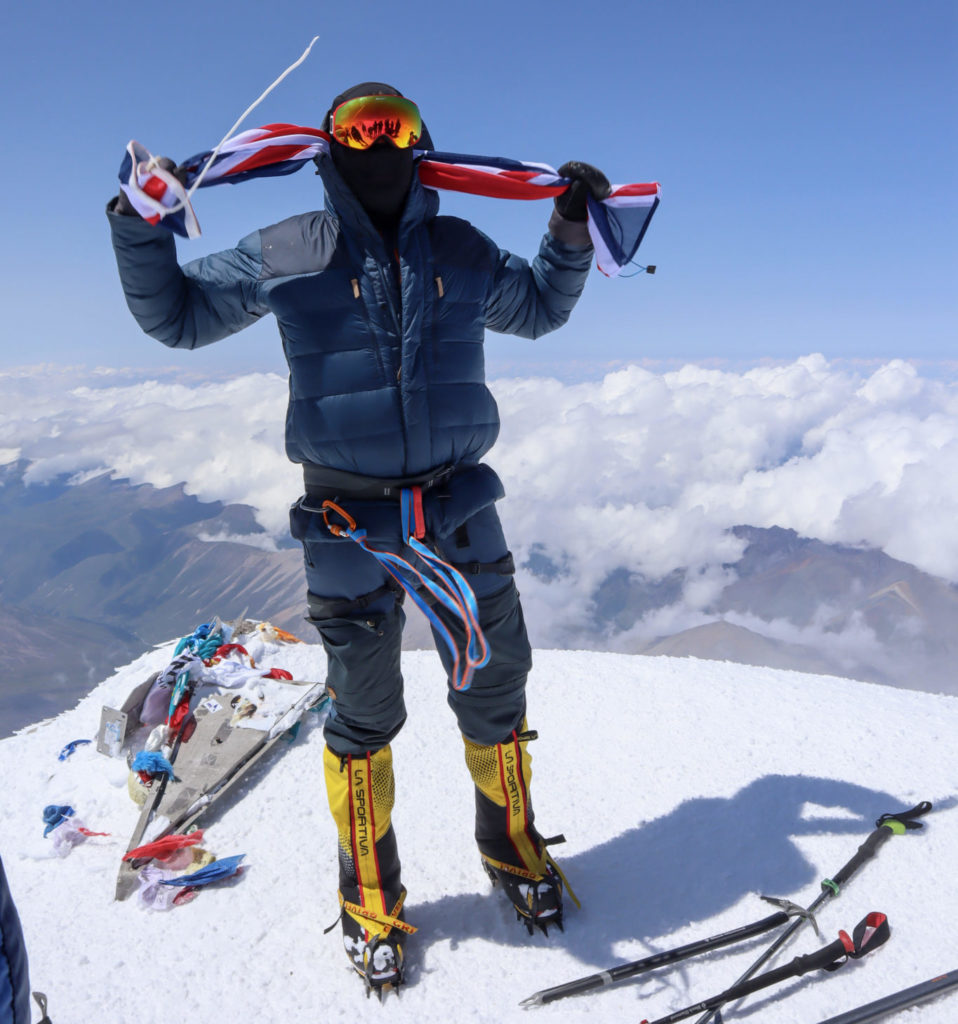
All change is temporary:
Like all things, this too shall pass. Life on a mountain, the unpredictable weather, the food, the chlorinated water, the early starts; they will all end. This difficult situation we find ourselves in? This will also end. We don’t currently know when yet, but it will – remember that. There’s no doubt it will come at a cost, but try to take some positive from it, no matter how small. Ensure you look after others and remain strong. No matter how alone you may feel – you’re not – ever.
Stay safe,
Mark
—
Dr Mark Willis – Expedition Doctor
Instagram: the_mountain_doc
Linkedin: www.linkedin.com/in/drmwillis
If you are a doctor and interested in working with Earth’s Edge visit – www.earths-edge.com/expedition-doctors
